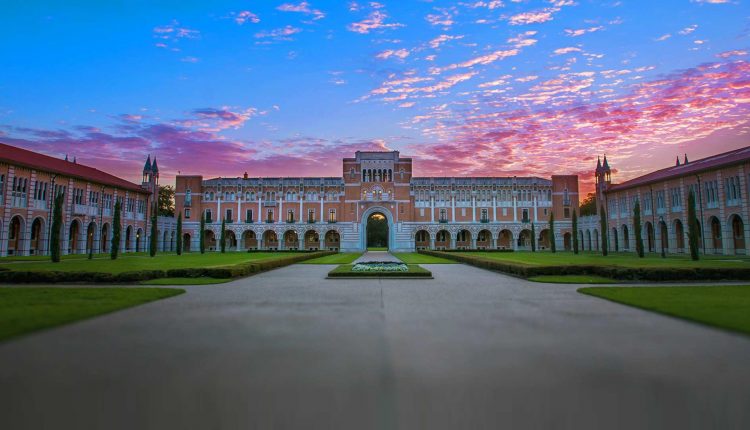Distrust On Government Increases When Hit By Natural Disasters
Whether they’re personally struck by or spared from natural disasters, people are more likely to distrust the government when their family and friends are victims, according to new research from Rice University.
Alexander Priest, a graduate student in sociology at Rice and the author of “ Under Pressure: Social Capital and Trust in Government After Natural Disasters ,” published in Social Currents, was interested in the topic given the focus on community resilience as a tool for disaster recovery. He said his discovery was especially alarming considering the huge role trust plays in how communities and governments navigate disaster recovery together.
For his study, Priest used Hurricane Harvey data from Rice’s Kinder Institute for Urban Research and Department of Sociology. He said the majority of households surveyed had a close family member or friend who was impacted by the storm. He found that regardless of whether they themselves were affected, people were more likely to distrust the government if their family or friends were affected by the disaster.
Although disaster managers often point to social ties as being important for community resilience, Priest said they overlook how these close relationships may increase stress for those not otherwise affected by disaster — a “pressure cooker” of sorts, he said. And when these individuals look for someone to blame, they often point to the government.
Priest theorizes that in addition to the emotional and physical burdens of a disaster, relief often requires navigating a sea of bureaucracy and red tape — stresses that frequently fall on loved ones looking to help.
“As climate change continues to escalate the threat from natural disasters, government officials and disaster managers must pay attention to these negative impressions and focus on ways to build trust so communities can recover more quickly,” he said.

